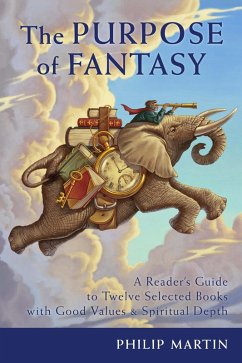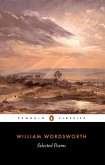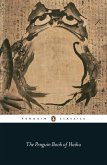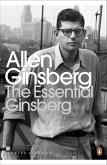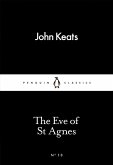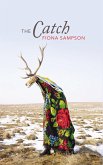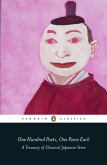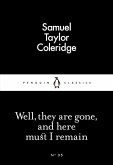With a succinct discussion of twelve great books, from classics like The Little Prince and The Wind in the Willows to more contemporary novels by modern masters of fantasy like Ursula K. Le Guin, Neil Gaiman, Peter S. Beagle, and Natalie Babbitt, this book offers good ideas for literary book clubs or for individual reading and insight.
Author Philip Martin is an award-winning author and editor of many books for adults and young readers. He is also the author of A Guide to Fantasy Literature and a number of books of advice for authors, including How To Write Your Best Story. He lives in Milwaukee, Wisconsin.
Dieser Download kann aus rechtlichen Gründen nur mit Rechnungsadresse in A, B, CY, CZ, D, DK, EW, E, FIN, F, GR, H, IRL, I, LT, L, LR, M, NL, PL, P, R, S, SLO, SK ausgeliefert werden.

